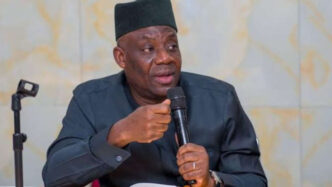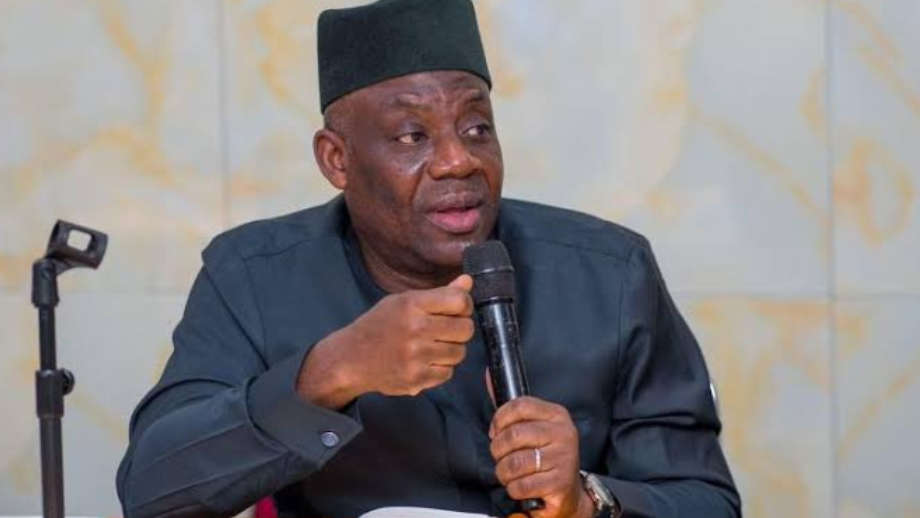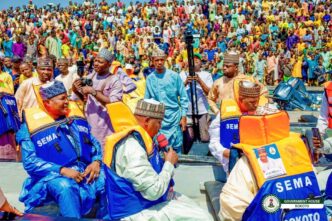The Federal Government has explained that Nigerian history was reintroduced as a compulsory subject in the basic education curriculum to promote national identity, unity, patriotism, and responsible citizenship among young learners.
Gatekeepers News reports that Minister of Education, Dr. Tunji Alausa, disclosed this in Abuja on Wednesday in a statement signed by Mrs. Folasade Boriowo, Director of Press and Public Relations at the ministry.
Alausa said the new curriculum is designed to rekindle pride in Nigeria’s past, nurture civic consciousness, and equip young people with values necessary for responsible nation-building. He also expressed gratitude to President Bola Tinubu for driving the reform under the Renewed Hope Agenda.
“History is not merely a record of the past, but a vital foundation for shaping responsible and patriotic citizens,” the minister said.
He highlighted that, for the first time in decades, Nigerian pupils will study history continuously from Primary 1 through Junior Secondary School 3 (JSS3).
According to him, students in Senior Secondary School (SSS1–3) will take Civic and Heritage Studies, a new subject that integrates Nigerian history with civic education.
“This innovative approach ensures learners understand the nation’s story while cultivating the values of citizenship, responsibility, and service,” Alausa noted.
Curriculum Details
For Primary 1–6, pupils will learn about Nigeria’s origins, heroes and heroines, traditional rulers, cultural heritage, political evolution, geography, economy, religions, colonial administration, and post-independence governance.
At the junior secondary level (JSS1–3), Civic and Heritage Studies will cover early Nigerian civilizations, pre-colonial states, West African empires, trans-Saharan trade, European contacts, amalgamation, independence struggles, and democratic governance, all blended with civic values to reinforce identity and unity.
Alausa described the reform as “a priceless gift to the nation,” reconnecting children with their roots while fostering pride, unity, and commitment to Nigeria’s development.
He stressed that embedding civic education into the curriculum would help learners respect diversity, uphold national institutions, and contribute positively to society.
The minister said the revised Nigerian History Curriculum has already been released for Primary 1–6 and JSS1–3, adding that the ministry will work with stakeholders to provide resources, retrain teachers, and strengthen monitoring and evaluation to ensure effective implementation.
He urged parents, educators, and communities to embrace the reform as a shared responsibility in raising “patriotic, disciplined, and forward-looking citizens.”












